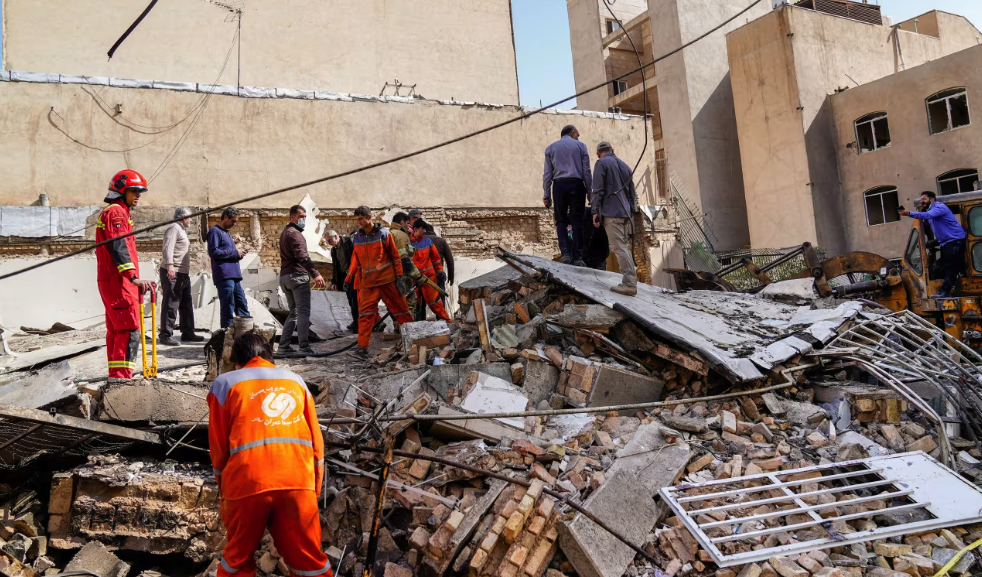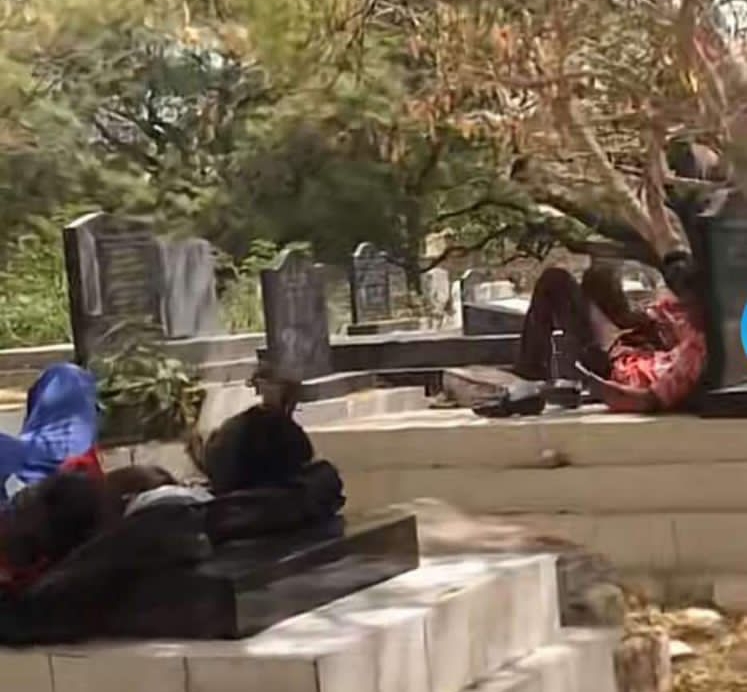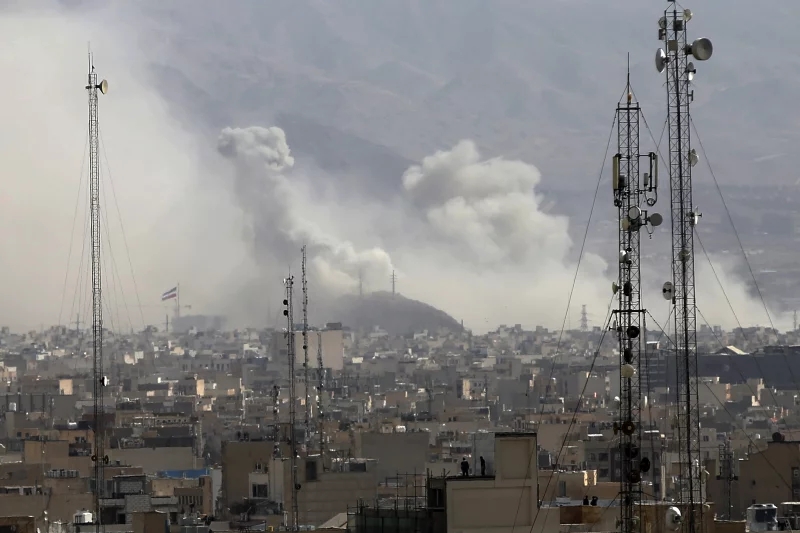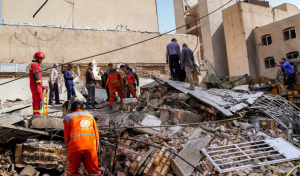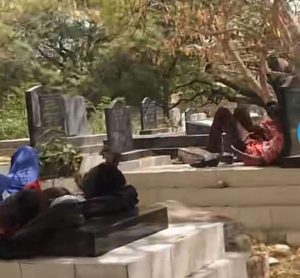Gambiaj.com – (Banjul, The Gambia) – At the ongoing 83rd Ordinary Session of the African Commission on Human and Peoples’ Rights (ACHPR) in Banjul, The Gambia, the International Commission of Jurists (ICJ) delivered a sobering analysis of the deteriorating human rights landscape across West Africa. In a strongly worded statement, the Geneva-based legal advocacy body decried shrinking civic space, rising state repression, and the stagnation of transitional justice efforts in the region.
Presenting during the Commission’s deliberations on the state of human rights in Africa, the ICJ identified Guinea, Senegal, and The Gambia as emblematic of broader regional trends, where legal safeguards are increasingly weaponized against dissent.
Across these countries, the ICJ noted, authorities have responded to public protests and political opposition with excessive force, arbitrary detentions, and the targeted application of laws aimed at silencing critics.
The organization warned that legal frameworks initially designed to protect public order are being exploited to curtail freedoms of expression, assembly, and the press.
“In Guinea and Senegal, we are witnessing a disturbing erosion of democratic institutions as state responses to electoral unrest increasingly rely on repression rather than dialogue,” the ICJ stated, referencing crackdowns on opposition leaders and bans on public gatherings.
The organization also condemned the growing use of internet shutdowns and digital censorship in times of political tension, practices it argues directly contravene the African Charter on Human and Peoples’ Rights. These actions, it said, are not only undemocratic but also hinder citizens’ access to critical information.
Judicial Independence Under Threat and Unfulfilled Promises of Justice
The ICJ further highlighted threats to judicial independence across West Africa, pointing to incidents of political interference, harassment, and intimidation targeting judges and legal practitioners. Such actions, it argued, compromise the rule of law and obstruct citizens’ access to impartial justice.
“Judiciaries must remain independent and insulated from political pressure,” the statement emphasized, calling on member states to uphold the integrity of their legal systems.
Turning its focus to The Gambia, the ICJ expressed grave concern over the slow pace of implementing the recommendations of the Truth, Reconciliation, and Reparations Commission (TRRC), which concluded its work in 2021. Despite the government’s 2022 white paper accepting most of the TRRC’s proposals, meaningful action on prosecutions, reparations, and institutional reform remains limited.
“The continued delay in implementation risks undermining trust in the process and the rights of victims to truth, justice, and reparations,” the ICJ warned.
The organization’s remarks reflect the growing frustration among victims’ groups and civil society organizations over what they perceive as waning political will to deliver justice after two decades of dictatorship under former President Yahya Jammeh.
Regional Concerns and Continental Commitments
The ICJ’s submission comes amid a broader climate of democratic backsliding in Africa, marked by military coups, civic repression, and contested political transitions. Civil society groups and legal experts attending the Banjul session echoed the ICJ’s concerns, calling for more robust enforcement of the African Charter’s principles.
Also addressing the session was Mahmoud Ali Youssouf, Chairperson of the African Union Commission, who reaffirmed the AU’s commitment to human rights as a foundation for peace, governance, and sustainable development.
“This is not only a time for reflection; it is a moment for alignment,” Youssouf said. “We cannot achieve peace without justice. We cannot realize development without inclusion. And we cannot strengthen governance without accountability.”
He underscored the need for reparative justice that extends beyond financial compensation, advocating for institutional transformation, policy reform, and social justice as mechanisms to address historical and systemic inequalities stemming from colonization, slavery, and racism.
As the 83rd Ordinary Session of the ACHPR continues, delegates are expected to review state reports, evaluate thematic studies, and engage stakeholders on the implementation of the African Charter. The outcomes of the session may shape future policy directions and galvanize regional momentum for rights-based reforms.
Observers say the ICJ’s intervention has cast a spotlight on the urgent need for West African governments to recommit to principles of accountability, legal integrity, and democratic governance amid growing threats to human rights across the continent.



